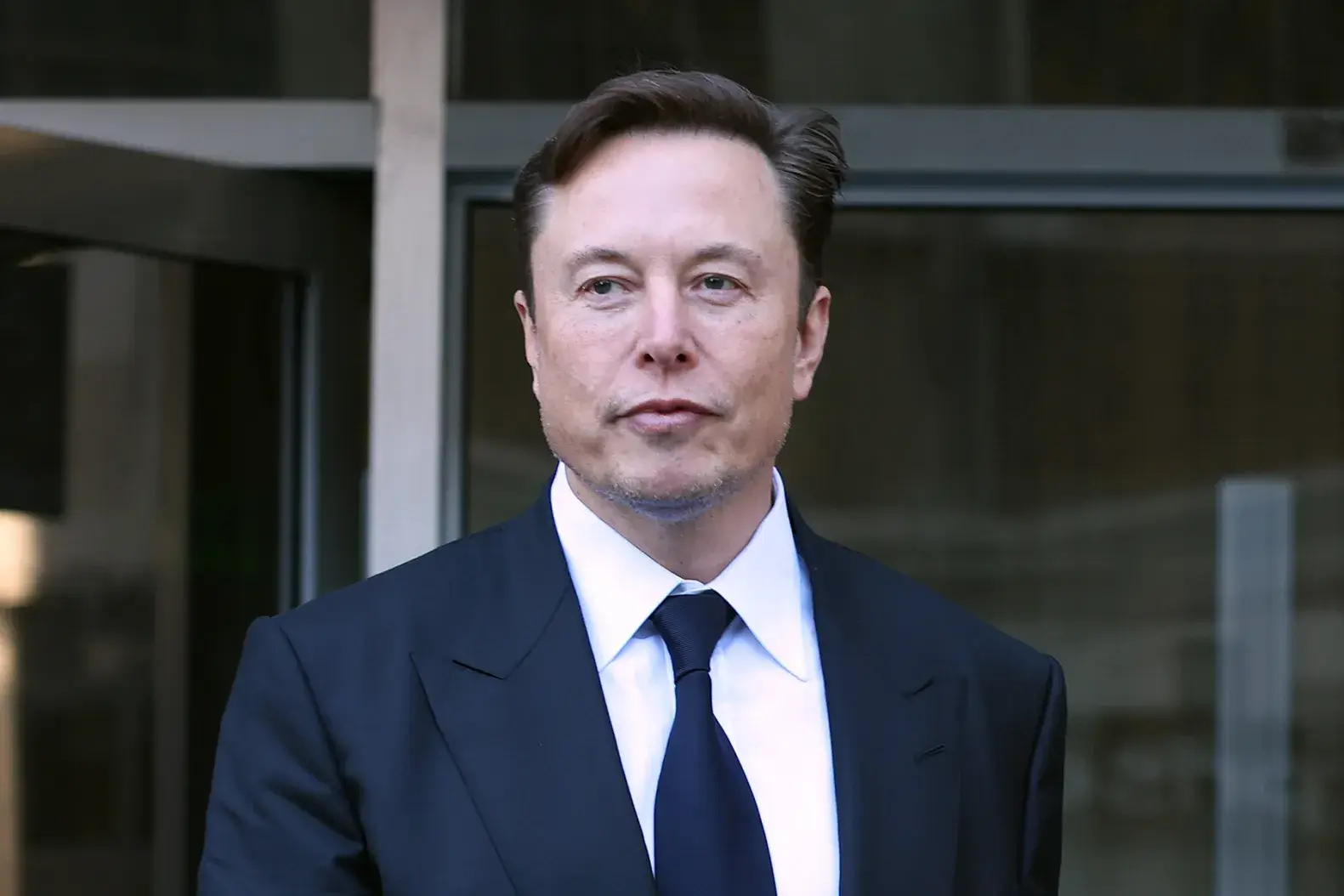Elon Musk, the visionary entrepreneur behind SpaceX, has set an ambitious target of late 2026 for the first unmanned Starship mission to Mars. This declaration, made despite recent setbacks in Starship test flights, underscores Musk's unwavering commitment to pushing the boundaries of space exploration and realizing his long-held dream of establishing a self-sustaining human presence on the Red Planet.
Musk's updated timeline hinges on SpaceX successfully achieving several critical technical milestones, most notably the complex maneuver of in-orbit refueling. This capability is essential for providing Starship with sufficient propellant to complete the long journey to Mars and, eventually, return to Earth. Musk estimates a 50-50 chance of meeting the 2026 deadline, acknowledging the significant challenges that lie ahead. If this window is missed, the next opportunity for optimal Mars-Earth alignment will not occur for another two years.
The 2026 mission, if realized, will be a crucial step in gathering data on entry and landing on the Martian surface. These initial Starships will serve as pathfinders for future crewed missions, providing invaluable insights into the planet's environment and potential resources. According to Musk, the first Mars-bound Starships will carry a simulated crew of Tesla-built Optimus robots. These robots would act as an initial workforce on Mars. Human missions would then follow potentially on the second or third landing attempts.
SpaceX envisions sending approximately 20 Starships to Mars between 2028 and 2029, scaling up to hundreds or even thousands of ships in subsequent launch windows. The ultimate goal is to transport the vast quantities of cargo and equipment needed to construct a self-sufficient city capable of supporting over a million people. The company is considering Arcadia Planitia, a volcanic plain in Mars' northern hemisphere, as a potential landing site.
Starship, a fully reusable transportation system, is central to these ambitious plans. Both the Super Heavy booster and the Starship upper stage are designed for rapid reusability, enabling frequent and cost-effective missions. While recent Starship test flights have experienced explosive mishaps, Musk insists that each setback provides valuable data and accelerates the learning process.
SpaceX is expanding its production capabilities to meet the demands of its ambitious Mars program. The company plans to build two "Giga Bay" facilities, one in Texas and another in Florida, to increase Starship production to several per day. This increased production capacity will be essential for launching the thousands of ships required to establish a permanent presence on Mars.
Musk's vision extends beyond simply visiting Mars; he aims to create a truly independent and self-sustaining civilization there. This would involve developing technologies for in-situ resource utilization, including extracting water ice, producing propellant, and manufacturing construction materials from Martian resources.
While the challenges are immense, the potential rewards of establishing a human foothold on Mars are equally profound. It would not only expand the reach of humanity but also create a safeguard against potential existential threats to Earth. While some view Musk's timeline as overly optimistic, his unwavering determination and track record of achieving seemingly impossible feats suggest that the dream of a multi-planetary future may be closer than many believe.

















